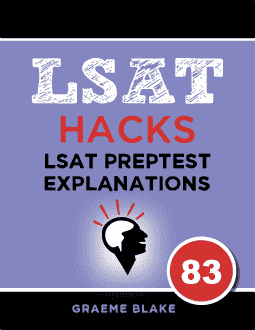DISCUSSION: This answer quotes a specific phrase, “transliterated terms”. To understand what the author means, we need to read the next line. In conjunction, the two terms say “Some [Chinese American words] are….transliterated….others are direct translations”.
So we have two different things: transliterated, and direct translation.
Dant-tang is an example of a transliteration. Dang-tang should be recognizable as sounding roughly like down-town. So, this seems like using English sounds to make a new Chinese word.
Meanwhile, gong-ngihn ngiht sounds nothing like labor day. Instead, the passage implies that “gong-ngign” means labor, and “ngiht” means day.
So, it sounds like “transliteration” means taking sounds from English and turning them into Chinese sounds. Whereas direct translation is taking existing Chinese words and having them match American word order.
___________
- CORRECT. See the analysis above. Dang-tang sounds a lot like down-town, and means the same thing.
- No. This answer refers to all new Chinese American terms. Transliterated terms are only part of the Chinese American terms that refer to local places, objects, etc. Other words in this category are direct translations. Gong-ngihn ngiht is a Chinese American word but it is not a transliteration.
- Not quite. Dang-tang clearly isn’t written the same as down-town.
English, by contrast, is full of words written the same as they are in the original language. E.g. Restaurant is French, Schadenfreud is German, and they’re written that way in the original languages. - This is the trap answer. Direct translation is different than transliteration: the passage directly contrasts transliteration and direct translation in the middle of paragraph 3. “dang-tang” is an example of a transliterated word: it shares sounds with English. “Gong-ngihn ngiht” is an example of a directly translated word: it takes the words for Labor and Day and uses the Chinese Words for labor and day directly.
This concept might be easier to get in reverse. The german word for gloves is “Handshuhe”. If you transliterated it, you might get “Hendsheweh” or something, basically spelling the same sound in English. But if you used a direct translation, you’d call gloves “Hand shoes”. Because the German Word is literally Hand + Shoes.
- The author implies this isn’t true, as the end of paragraph 3 (after “hence”) says that Chinese American speakers share common vocabulary for local terms, and can understand each other. This implies the pronunciation is at least somewhat similar.


Leave a Reply